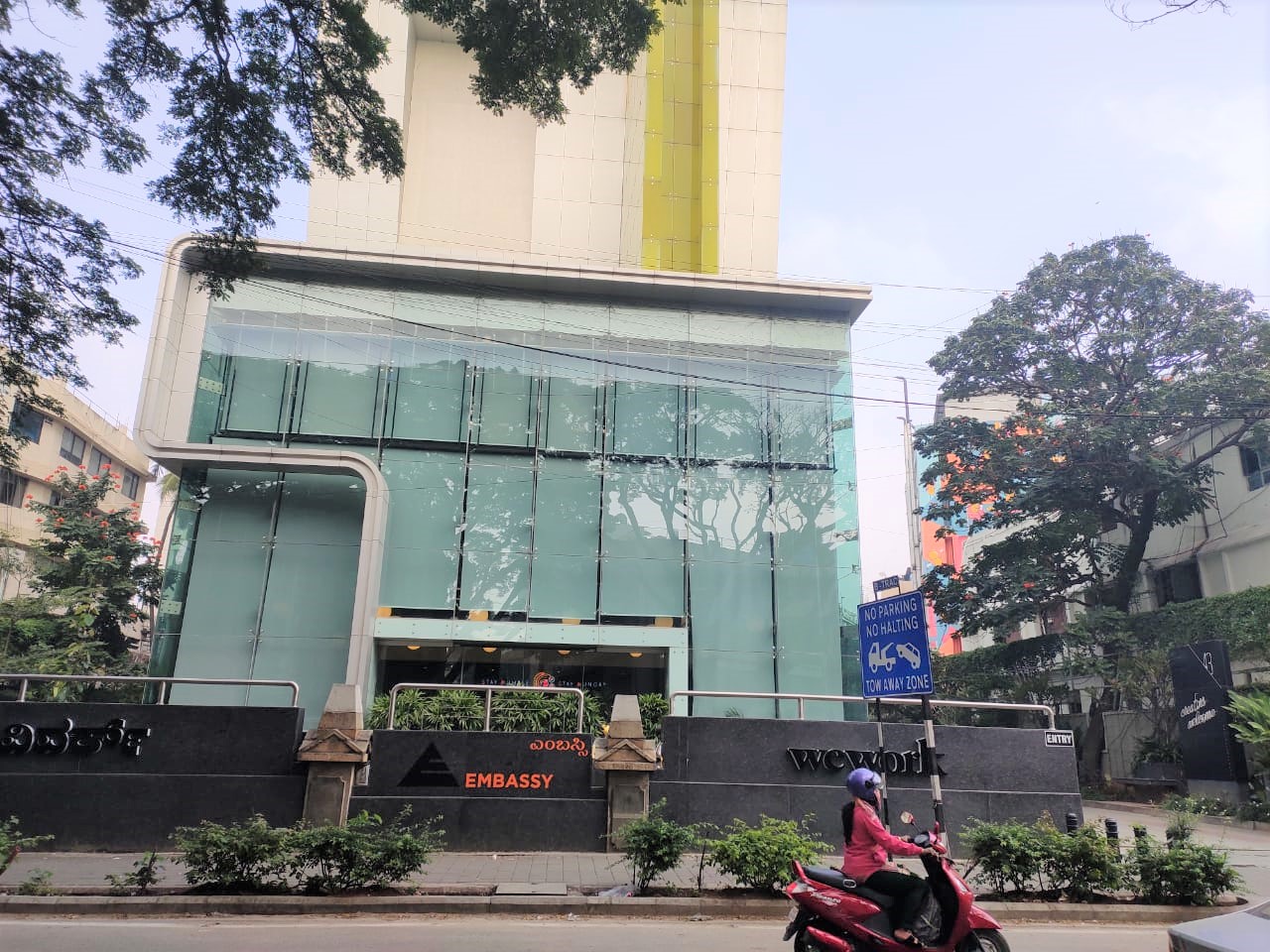In what might have been a first in his formidable investment career, Masayoshi Son, CEO of SoftBank, was on the back foot last Wednesday while addressing investors in an earnings call when he said, “My investment judgment was poor in many ways and I am reflecting deeply on that.”
The Japanese internet giant reported a quarterly loss of USD 8.9 billion—its first in the last 14 years.
Around half of SoftBank’s losses can be traced back to its investments in WeWork—a co-working office startup that fell from grace as its financial reality unraveled during an attempt in August to go public, which it had to backtrack from due to negative market sentiment and its poor financial statement. In just the first six months of this year, WeWork reported a loss of USD 900 million and is trapped in long-term lease obligations amounting to a whopping USD 17.9 billion.
Son, in his “simple” plan to right the wrongs done at WeWork, wants the company to stop investing in new buildings for at least three to four years and shut down units that are not core to the business. WeWork India, on the other hand, claims to be undeterred by the mess at its parent company and is in the process of raising USD 200 million by the end of this year.
Present in 37 countries around the world, almost all WeWork franchisees are reeling under losses and are taking a step back to come up with better plans than envisaged by its flamboyant founder and former CEO, Adam Neumann. However, India is one of the few markets where the company is not only charging ahead during this troubled time for its parent company, but is aiming for profitability in the next 12 months.
“What has happened globally doesn’t change our plans. We have always had a focused plan for the next two and a half years. We are already three-fourths into that, and we are not going to tone down our investment strategy as it is already planned with one eye always on profitability,” Karan Virwani, CEO of WeWork India, told KrASIA.
According to the company, all its properties have become profitable in the first six months of their opening, although it posted a net loss of USD 10 million in the 2018 financial year.
Virwani said while aiming for growth, he always keeps cost in mind. “We have maintained our focus in just the core business and not diverted away from our model, which is a cash-flow-generating model.”
The autonomy of WeWork India
In 2015, when WeWork was looking to bring its co-working model to India, it met with Karan Virwani, the son of real estate developer Embassy Group’s Jitu Virwani.
“I ended up going to New York to meet Adam. When I saw their offices and met people there, we realized how contagious their energy was. I knew it then and there that if something like this comes to India it would forever change how people work, and we wanted to be a part of that story,” Virwani said.
WeWork launched its operation in India in July 2017. Its first location was in Embassy Group’s six-storey building on Residency Road, a posh location in Bengaluru. The space could accommodate more than 2,200 workstations. Currently, it has a network of 28 shared work centers in six cities, including Bengaluru, Noida, Gurugram, Mumbai, Hyderabad, and Pune.
It recently opened its biggest office in Bengaluru with 4,000 desks, and the company is aiming to have a total of 100,000 desks in the country by the end of 2020.

According to Virwani, WeWork and Embassy Group have a deal where the latter pays WeWork a licence fee—apart from “other expenses” every year—for full autonomy regarding WeWork India’s operations, including how and when it raises funds. This agreement is unique, in the sense that no other WeWork franchise enjoys the same degree of independence and ownership.
“The partnership we have with WeWork is an exclusive one, and nowhere else is it 100% owned. In all the other markets where WeWork is present, it has either gone in on its own or tied up with a strategic partner. But it funds those businesses, unlike India’s, and they do have shareholding there along with substantial control. India is the only region where that doesn’t exist,” Virwani explained.
India untouched
Shobhit Agarwal, managing director and CEO of Anarock Capital, a Mumbai-based real estate consulting company, said, since WeWork’s India operation is a minuscule, single-digit fragment of its global operations, its India valuation and future expansion may not be deeply impacted by the recent delayed listing plans of the global co-working unicorn.
“The co-working market in India is still very nascent and has a high demand. It witnessed 23% growth in Q2 2019 over the preceding quarter across the top seven cities,” Agarwal said.
Virwani said the company just “touched the 50,000-desk milestone” and claimed to have “pretty much captured majority of the market.”
Although it seems like WeWork India will not be highly affected by its parent company’s imbroglio, other co-working companies in India might be feeling the negative impact as they are turned away from investors who want to wait and see if the model can be profitable.
“In the current environment, investors will look for profitable businesses or those that have a clear path to profitability,” Abhishek Goenka, CEO of CoWrks, told local media outlet The Times of India. The co-working space that was earlier looking to raise USD 350 million has now significantly scaled back to seek just USD 50 million.
However, Agarwal said since Embassy Group recently executed a successful REIT (real estate investment trust) IPO in a joint venture with private equity firm Blackstone, it should give the company an edge when it seeks funding.
